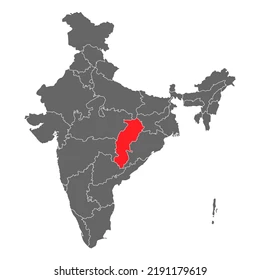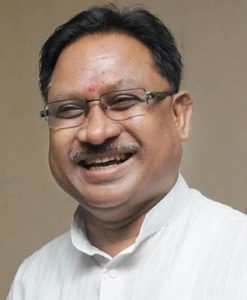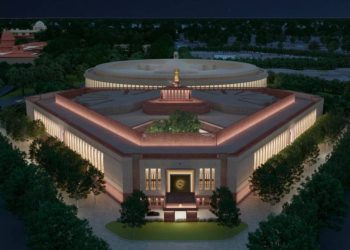This Post Is Recently Updated on Dec 11, 2023 @ 22:29 pm by TBB Desk

In a landmark decision that underscores the Bharatiya Janata Party’s (BJP) strategic shift in Chhattisgarh, Vishnu Deo Sai, a prominent tribal leader and former Union Minister, has been appointed as the state’s new Chief Minister. This move comes after a week of deliberations within the BJP, reflecting Prime Minister Narendra Modi’s vision of promoting tribal leadership in regions with significant tribal populations. Chhattisgarh, where tribals form 32 percent of the populace, is now poised for a new direction under Sai’s leadership.

The BJP’s choice of Sai was heavily influenced by its recent electoral success in the state’s tribal areas. The party managed an impressive performance, securing all 14 seats in the Surguja region and winning eight out of the 12 seats in Bastar. This marked a significant turnaround for the BJP, which had not traditionally been the first choice among tribal voters. Vishnu Deo Sai, 59, is renowned for his strong ties with the Rashtriya Swayamsevak Sangh (RSS) and his close association with former Chief Minister Raman Singh, further cementing his position as a key figure in the party.
Sai’s political career, spanning four terms as an MP and a tenure as the president of Chhattisgarh’s BJP unit from 2020 to 2022, is marked by his organizational skills and a non-controversial image. His administrative experience was also highlighted during his role as the junior minister for steel in the Narendra Modi government formed in 2014. Upon his appointment, Sai expressed gratitude towards senior BJP leaders and outlined his immediate governance plans, which include sanctioning 18 lakh houses under a housing scheme, reflecting his commitment to fulfilling the promises made by the BJP.
This strategic appointment of Vishnu Deo Sai as Chief Minister is expected to significantly impact Chhattisgarh’s political landscape. It not only represents a shift in the BJP’s approach towards tribal politics but also sets the stage for the party’s strengthened presence in the region, especially with the 2024 general elections on the horizon.










